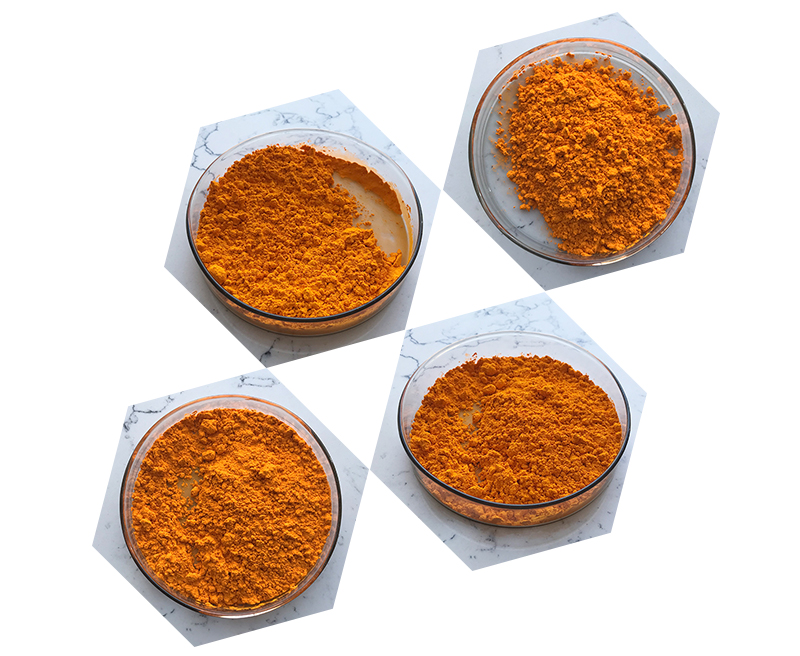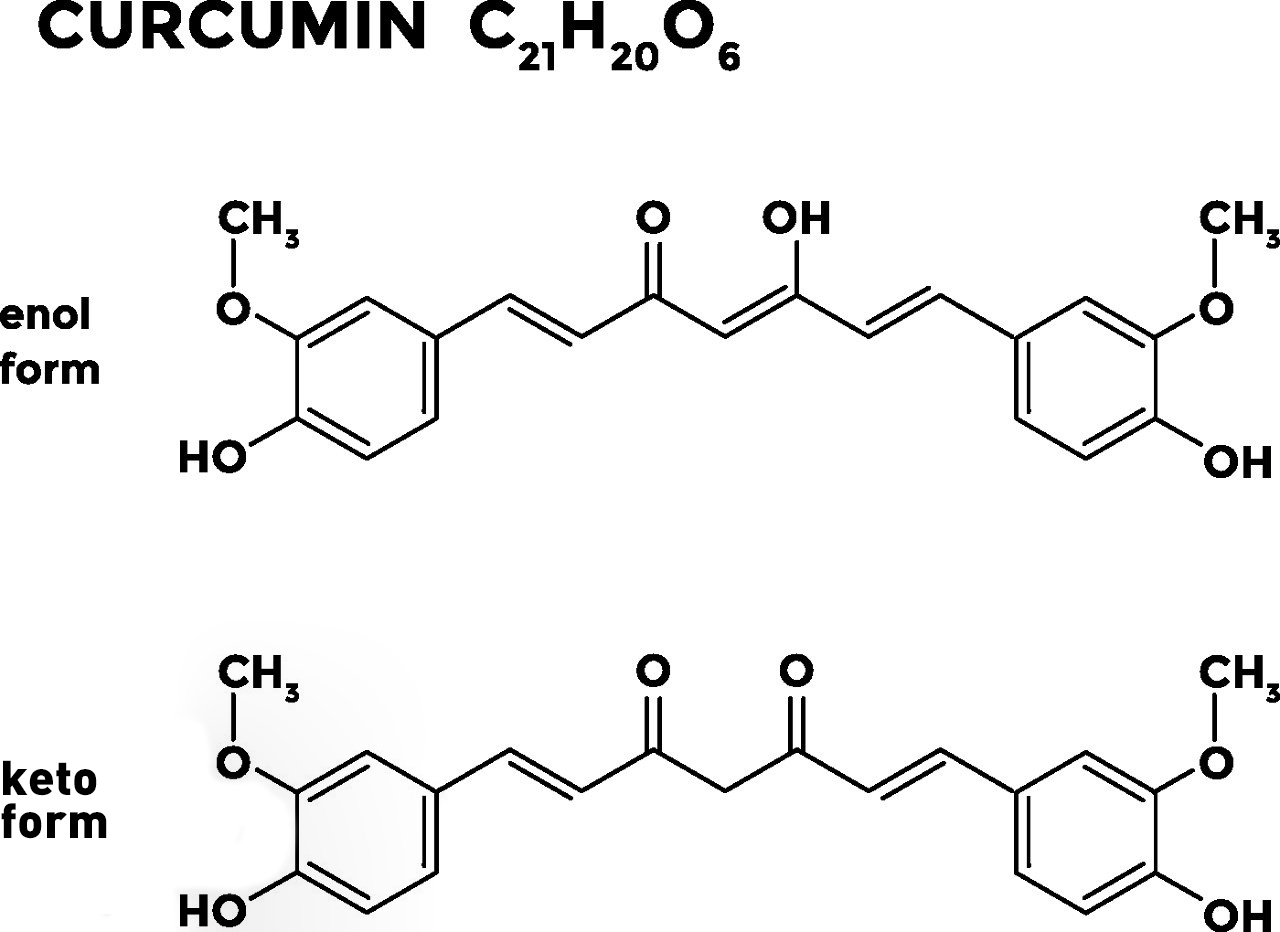Curcumin is a naturally occurring compound found in the spice turmeric. It has been extensively studied for its potential health benefits, particularly its anti-inflammatory and antioxidant properties. However, it’s important to note that while curcumin holds promise, much of the research is still in its early stages, and its effects can vary based on factors such as dosage, formulation, and individual differences.
Effects and Benefits of Curcumin

Anti-Inflammatory Properties: Curcumin is perhaps most well-known for its anti-inflammatory effects. It can inhibit the activity of various molecules involved in inflammation, potentially reducing the risk of chronic inflammation-related diseases.
Antioxidant Activity: Curcumin has antioxidant properties, which means it can neutralize harmful free radicals in the body. Free radicals can cause oxidative stress, leading to cell damage and contributing to various diseases, including cancer and aging-related conditions.
Pain Relief: Some studies suggest that curcumin might have pain-relieving properties similar to over-the-counter anti-inflammatory drugs. It could potentially help alleviate pain associated with conditions like arthritis.
Brain Health: Curcumin has been investigated for its potential role in promoting brain health. It might cross the blood-brain barrier and have anti-inflammatory and antioxidant effects in the brain, possibly offering protection against neurodegenerative diseases like Alzheimer’s and Parkinson’s.
Heart Health: Some research indicates that curcumin could have cardiovascular benefits. It may improve endothelial function, reduce inflammation, and help lower levels of cholesterol and triglycerides.
Cancer Prevention: While not a cure for cancer, curcumin’s anti-inflammatory and antioxidant properties have led to investigations into its potential as a cancer-preventive agent. It might help inhibit the growth of cancer cells and prevent the spread of tumors, but more research is needed.
Digestive Health: Curcumin might help improve digestive health by reducing symptoms of irritable bowel syndrome (IBS) and promoting gut health through its anti-inflammatory effects.

Skin Health: Some topical formulations containing curcumin have been studied for their potential in treating various skin conditions, including psoriasis, acne, and skin aging.
Diabetes Management: Curcumin might help improve insulin sensitivity and regulate blood sugar levels, potentially aiding in the management of type 2 diabetes.
Anti-Allergic Effects: Curcumin’s anti-inflammatory properties could potentially help alleviate symptoms of allergies by reducing the body’s immune response to allergens.
It’s important to note that curcumin’s bioavailability (how well the body can absorb and utilize it) is relatively low. To address this, some supplements use formulations that enhance its absorption. Additionally, curcumin is generally considered safe in moderate amounts and is a common spice in many cuisines. However, high doses or prolonged use of supplements may lead to side effects or interact with certain medications.
Before starting any supplementation, it’s advisable to consult with a healthcare professional, especially if you have pre-existing health conditions or are taking medications, to ensure that curcumin is safe and appropriate for your individual situation.
